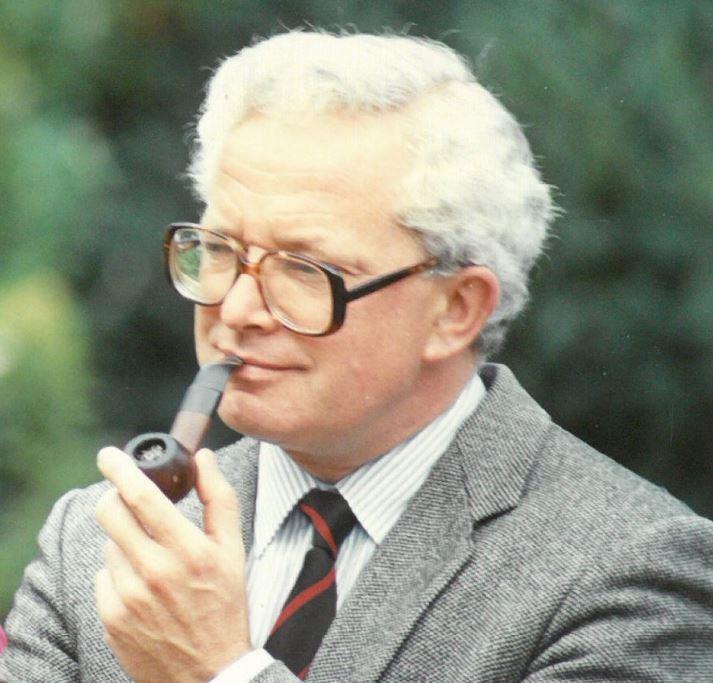Monday, 13 July 2020
Peter Linehan, in memoriam
News

The Faculty of History joins with colleagues around Cambridge in honouring Peter Linehan, eminent medieval historian, who has sadly died aged 76. A Fellow and Lecturer in History at St John's College, he made a tremendous contribution over many years and will be much missed.
It is with great sadness that we record the death of Dr Peter Linehan, on Thursday 9th July, two days before his seventy-seventh birthday. Peter was the foremost scholar of medieval Iberia in the English-speaking world, a fellow of St John’s College for fifty-four years, Fellow of the British Academy, and the holder of an honorary doctorate from the Universidad Autónoma of Madrid. His doctoral thesis, supervised by Walter Ullmann, won the Thirlwall Prize and Seeley medal for 1970-1, and formed the bulk of his first monograph, The Spanish Church and the Papacy in the Thirteenth Century, published by Cambridge University Press in 1971, a transformative book for the study of the subject. Two edited volumes and forty-seven articles came before the monumental History and the Historians of Medieval Spain appeared in 1993, which explored and debunked the myths and misconceptions of Iberian historiography reaching back to the seventh century. The Ladies of Zamora followed in 1997, about ‘a convent of nuns in a thirteenth-century Spanish city, their battles with the bishop, [and] their altogether friendlier relationship with the local Dominican friars…’ With Professor Francisco Hernández he published The Mozarabic Cardinal: the life and times of Gonzalo Pérez Gudiel, the landmark study of a medieval prelate, careerist, operator and documentary kleptomaniac. Four years later came Spain 1157-1300: a partible inheritance, for the multi-volume Blackwell History of Spain. His final monograph, At the Edge of Reformation: Iberia before the Black Death was published in 2019. All Peter’s scholarship was nourished by the archive, not just his two-volume Portugalia Pontificia. Materials for the history of Portugal and the Papacy 1198-1417 (2012): whenever he wrote, he brought new material to the table in a lifetime’s oeuvre amounting to over 120 articles in addition to his monographs. He did so in prose through which it is impossible for those who knew him not to hear his own voice, speaking with the deftness, freshness, allusive mischief and, where necessary, lethal froideur of an absolutely outstanding mind. He served St John’s College as Tutor, Tutor for Graduate Affairs, Director of Studies, as editor of the college history (2011) and for a hilarious decade as Dean of Discipline. There, also, he was the mentor to numerous young scholars, including many from Spain and Portugal, for whom he rapidly became a decisive intellectual influence, who rightly saw in him the definitive living authority and who found in him an enthusiastic reader of their work, an ever- ready referee for even the latest and most breathless of job applications, a sovereignly generous host, as well as an inexhaustible fount of transcripts and photographs he had taken in the archives. For that he has earned the lifelong devotion of a generation of historians. Peter is survived by his wife Christine, his children Gabriel, Frances and Sam, and his grandchildren Oliver, Zachary, Max, Alba and Beatrice.
